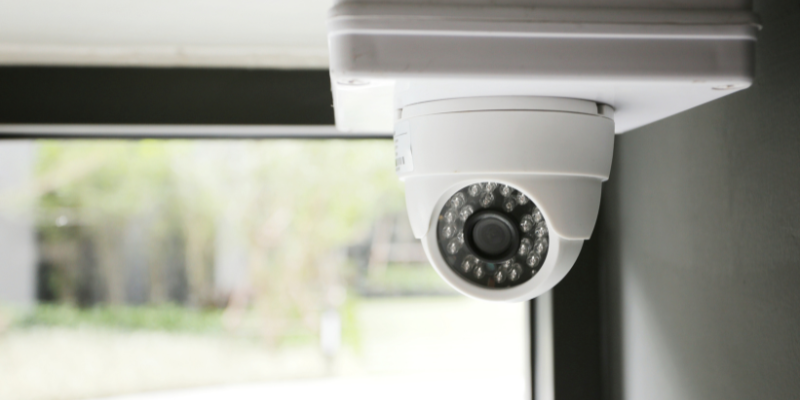For from being a new phenomenon, workplace surveillance has been going on for centuries. However, technological advances and Covid-19 enforced home working means it is accelerating and evolving rapidly.
Some employers are now using automated decision making technology to select candidates for interview and to maintain day to day line management practices along with the more familiar provision of monitoring emails and employer movements. The TUC say this evolution could lead to widespread discrimination, work intensification and unfair treatment.
When taken in the context of the recent government consultation on watering down General Data Protections Regulations (GDPR) in their post Brexit regulatory regime, it’s hard to disagree with the TUC that the future looks bleak. GDPR does permit workplace monitoring but, importantly, it also offers protection to workers by setting clear guidelines on the extent to how and when monitoring is allowed.
The Trade Union Congress (TUC) did a poll which revealed that 60% of workers have experienced workplace surveillance in the past year. The worst affected sectors are financial services, retail and utilities, with around 75% of workers in these areas experiencing some kind of workplace surveillance. The TUC warns that intrusive surveillance risks ‘spiralling out of control’ without stronger regulations to protect workers. They say the following actions could help to address the issue:
- A statutory duty to consult trade unions before an employer introduces the use of artificial intelligence and automated decision making systems
- An employment bill which includes the right to disconnect, alongside digital rights to improve transparency around use of surveillance tech
- A right to human review of high-risk decisions made by technology
Such measures would certainly be welcomed by employees, with 82% of workers in favour of a legal requirement to consult before introducing monitoring.
The current situation is reflective of an age-old tug of war between employer and employee, master and servant. For now, at least, in the muddy fields of workplace surveillance, the master appears to be winning the current battle.
This post was written by Jack Dooley, Trainee Solicitor at didlaw.
